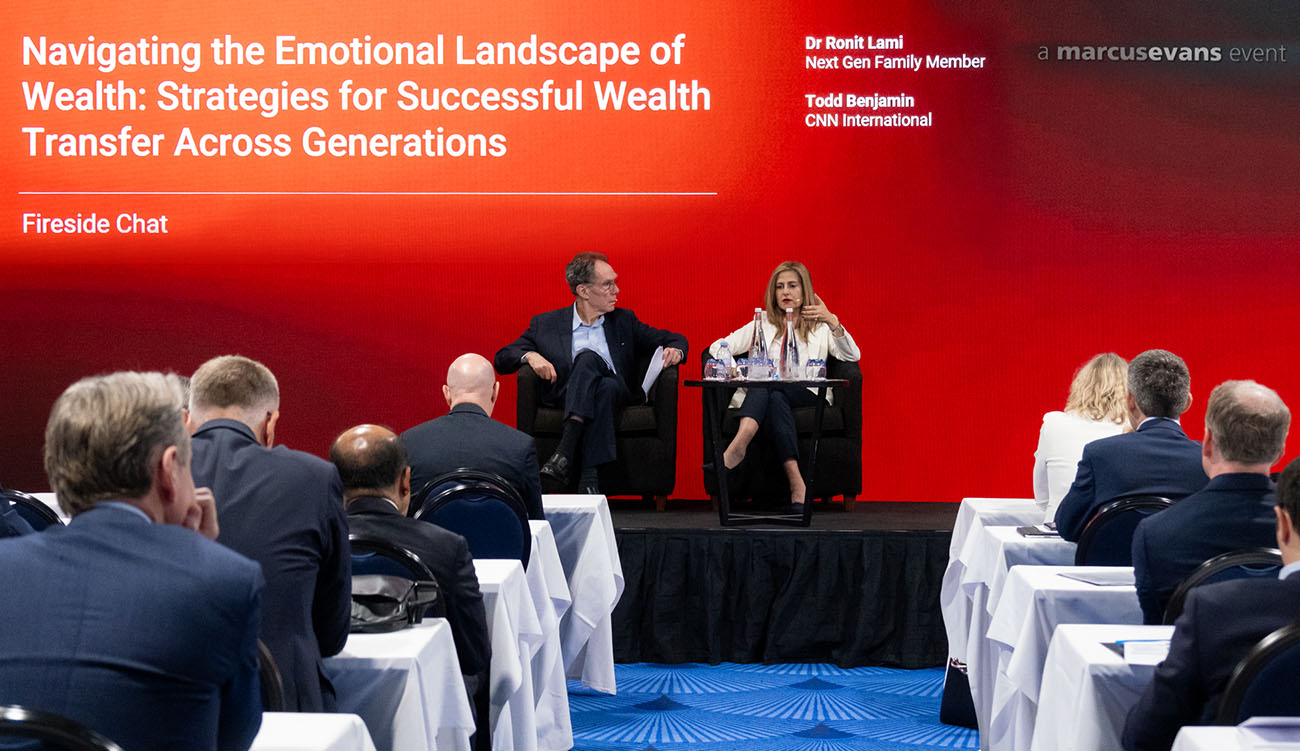Dr Lami features in a recent online article with mrporter.com discussing the popular HBO series Succession and the insights we can gain from the materialism expressed by the Logan family and other main protagonists.
As a wealth psychologist, I have had the unique opportunity to delve into the intricate world of ultra-high-net-worth families and individuals. Over the years, I have observed the complex interplay between wealth, materialism, and the psychological dynamics that often shape these families. By understanding the factors that contribute to a healthy attitude towards wealth and material possessions. We can better support families in navigating the challenges that come with affluence.
In this post, I will share my insights into the psychology of wealth and materialism. Drawing on my extensive experience working with wealthy families and providing a deeper understanding of the factors that shape their lives.
Understanding the Dynamics of Wealthy Families
Many wealthy individuals maintain a sense of normalcy and recognize the potentially damaging, dysfunctional, or destructive impact money can have on their own well-being and that of their children. These people often strive to develop a balanced attitude toward their wealth and use it for good.
The Role of Personal Characteristics
A person’s characteristics determine how balanced they are. Some individuals define themselves by and use money or external possessions as a tool to gain control, manipulate, or boost their confidence. They often have their identity wrapped around money, achievements, or material possessions.
Succession: A Case Study in Wealth and Materialism

The fictional Roy family from the television series “Succession” serves is a prime example of how material possessions, such as luxury watches, can symbolize not only wealth but also reveal the psychology, family dynamics, and self-perception of the characters.
The Impact of Controlling Parents
A controlling parent, like the show’s patriarch Logan Roy, may amass wealth in order to dominate. When children grow up with such a role model, they may become power-hungry or manipulative. Unless they have another balancing role model, such as their mother, grandparents, or a conscientious nanny. These children might seek more power and control to compensate for their treatment during their upbringing.
Material Possessions as Power Plays
In the world of Succession, material possessions often serve as power plays. The Roy family uses luxury watches as a clear representation of their wealth and control. Recognizing this portrayal of wealth and materialism in popular media can help us better understand the psychological dynamics at play within ultra-high-net-worth families.
Building Resilience and Healthy Attitudes Toward Wealth
It is essential for wealthy families to develop resilience and cultivate healthy attitudes toward wealth in order to avoid negative consequences such as materialism and power struggles. A key factor in achieving this is establishing open communication and fostering strong relationships within the family.
Wealth Education and Emotional Intelligence
Teaching children about wealth, its management, and potential social impacts from an early age can contribute to a balanced understanding of money. Developing emotional intelligence is crucial for children to navigate the complexities of wealth. It also ensures they maintain a healthy sense of self-worth and empathy for others.
Philanthropy and Social Responsibility
Encouraging philanthropy and social responsibility within the family can help shift the focus from material possessions to the positive impact that wealth can create. This approach fosters a sense of purpose and meaning, allowing family members to use their wealth for the greater good.
Creating a Supportive Environment
Surrounding oneself with supportive individuals, such as friends, mentors, or professional advisors, can also contribute to a balanced perspective on wealth. These relationships can serve as a reality check, ensuring that wealth doesn’t become the defining aspect of a person’s life.
Conclusion
Finally, understanding the psychology of wealth and materialism is crucial for ultra-high-net-worth families to maintain healthy relationships and a balanced perspective on their wealth. Families can mitigate the potential negative impacts of wealth by prioritizing communication, education, emotional intelligence, philanthropy, and social responsibility. By doing so, they can use it to create a positive legacy for future generations.




